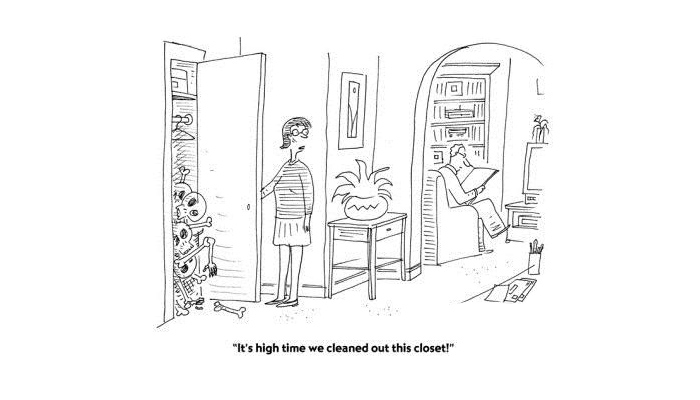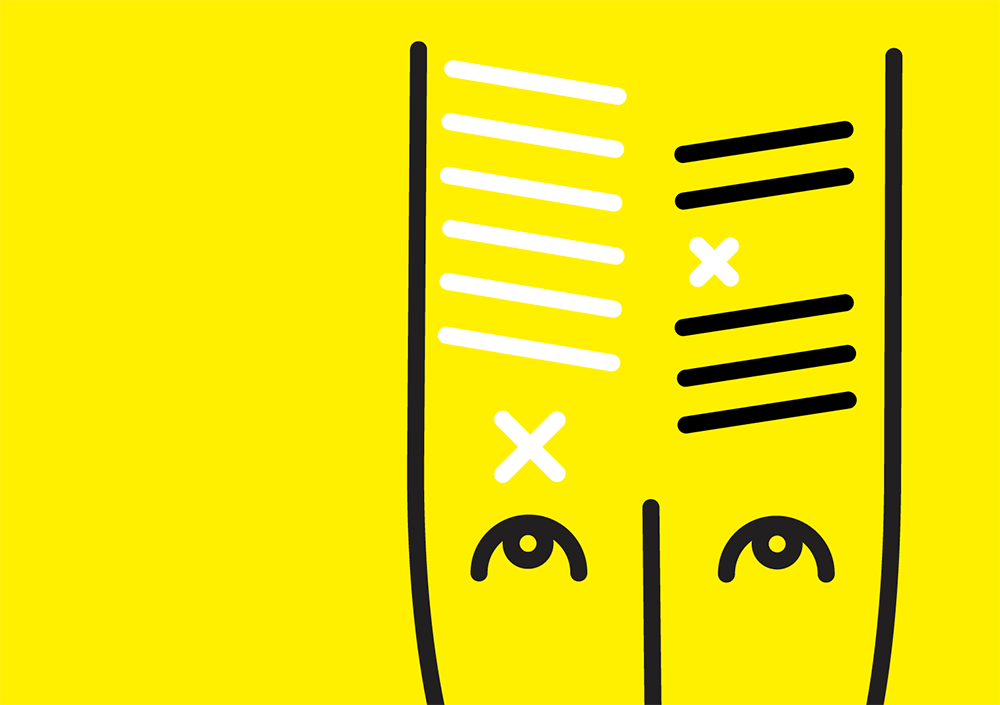Hello dear readers!
How often do you have to express your requests, advice or preference? Occasionally? Often? Always? Let’s talk about four phrases you can use in these situations: I’d rather, I’d prefer, I’d better, It’s (high) time.
I'D RATHER
We use the structure “I’d rather” or "would rather" to talk about our preferences (można ją przetłumaczyć jako wolałbym/wolałabym).
When the speaker describes the preference of the subject of the sentence (same subject):
I’D RATHER / SHE’D RATHER / HE’D RATHER / THEY’D RATHER + base form
- I’d rather stay home tonight. (Wolałbym zostać w domu dziś wieczorem)
- Jane would rather not come to the party. (Jane wolałaby nie przychodzić na imprezę)
When the speaker talks about his/her/their preference about someone else’s behaviour in the present or in the future (different subject):
I’D RATHER + PAST SIMPLE
- I’d rather you didn’t play computer games all day. (Wolałabym, żebyś nie grał na komputerze przez cały dzień)
- I’d rather she finished her homework before going out. (Wolałbym, żeby skończyła pracę domową przed wyjściem)
When the speaker talks about his/her/their preference about someone else’s behaviour in the past (different subject):
I’D RATHER + PAST PERFECT
- I’d rather they hadn’t closed my favourite cinema last year. (Wolałabym, żeby nie zamknęli mojego ulubionego kina w zeszłym roku)
- I'd rather Julie hadn't taken my suitcase yesterday. (Wolałbym, żeby Julie nie zabrała wczoraj mojej walizki)
To compare two things with “would rather” we use “than”:
- Katherine would rather go to the cinema than watch a movie at home. (Katherine wolałaby iść do kina niż oglądać film w domu)
- I’d rather be an idiot than lose you. (Wolałbym być idiotą, niż Cię stracić)

Short responses: I’d rather not
We often use I’d rather not as a short response to say no to a suggestion or request:
A: Do you want to go see a movie?
B: I’d rather not, if you don’t mind.
I’D PREFER
When we talk about our preferences in general, we use “prefer”, however, to talk about preferences in a particular situation we use the structure “I’d prefer” or "would prefer". It's meaning is the same as "would rather" but “would prefer” is slightly more formal.
When the speaker describes the preference of the subject of the sentence (same subject):
I’D PREFER / SHE’D PREFER / HE’D PREFER / THEY’D PREFER + TO + BASE FORM
- I’d prefer to have dinner in a restaurant. (Wolałabym zjeść obiad w restauracji)
- He’d prefer not to go to school today. (Wolałaby nie iść dzisiaj do szkoły)
When the speaker talks about his/her/their preference about someone else’s behaviour (different subject):
SUBJECT + WOULD PREFER + OBJECT PRONOUN (me, you, him, her, it, us, you, them) + TO + BASE FORM:
- I’d prefer her to write this article. (Wolałbym, żeby ona napisała ten artykuł)
- My mother would prefer me not to go on holidays with my friends. (Moja mama wolałaby, żebym nie jechała na wakacje z przyjaciółmi)
To compare two things with “would prefer” we use “rather than”:
WOULD PREFER + TO + BASE FORM + RATHER THAN + BASE FORM
- Katherine would prefer to go to the cinema rather than watch a movie at home. (Katherine wolałaby iść do kina niż oglądać film w domu)
- I’d prefer to go to the restaurant rather than eat at home. (Wolałabym iść do restauracji niż jeść w domu)
Short responses: I’d prefer not to
We often use I’d prefer not to as a short response to say no to a suggestion or request:
A: Do you want to go see a movie?
B: I’d prefer not to.
I'D BETTER
What does "d" stand for in this structure? It stands for "had"! But it doesn't mean that we use this structure to talk about the past. Actually, we use it to refer to the present or the future, to talk about actions we think people should do or which are desirable in a specific situation.
HAD BETTER + BASE FORM
I'd better do something = I should do something or there might be consequences
- I have a meeting in twenty minutes. I'd better go now or I'll be late. (Mam spotkanie za dwadzieścia minut. Lepiej już wyjdę, bo się spóźnię.
- We'd better find a gas station soon. The tank is almost empty. (Lepiej znajdźmy szybko stację benzynową. Bak jest prawie pusty)
- You'd better tell her about this. She should know. (Lepiej jej o tym powiedz. Powinna wiedzieć)
HAD BETTER + NOT + BASE FORM
- I’d better not leave my bag there. Someone might steal it. (Lepiej żebym nie zostawiała tam torby. Ktoś może ją ukraść.)
- You’d better not tell James about the broken plate. It was his favourite! (Lepiej nie mów Jamesowi o stłuczonym talerzu. To był jego ulubiony!)
IT'S TIME
We use this construction when we think something should be done soon.
If you want to emphasize the urgency because it is already a little late, you can say “it’s high time…” or “it’s about time”. (Tłumaczymy jako najwyższy czas, najwyższa pora)
When we want to say that the right time has arrived and we should start doing something:
IT’S TIME + TO + base form
- Come on. It's time to go home. (Chodź. Już czas żebyśmy poszli do domu.)
- Mary, get up! It’s time to start packing. (Mary, wstawaj! Czas zacząć się pakować.)
When we want to say that it is already late to do something and it should happen as soon as possible:
IT’S (HIGH) TIME + PAST SIMPLE
- Jane is a great dancer. But it's high time she found a job that actually pays. (Jane jest świetną tancerką, ale już najwyższy czas żeby znalazła sobie pracę, w której coś zarobi.)
- It's high time you realized that you are not the only one in the world. (Najwyższa pora żebyś zdał sobie sprawę, że nie jesteś na świecie jedyny.)
- It’s about time I bought a new pair of jeans. (Najwyższa pora żebym kupiła sobie nową parę dżinsów.)

You can practice here.





